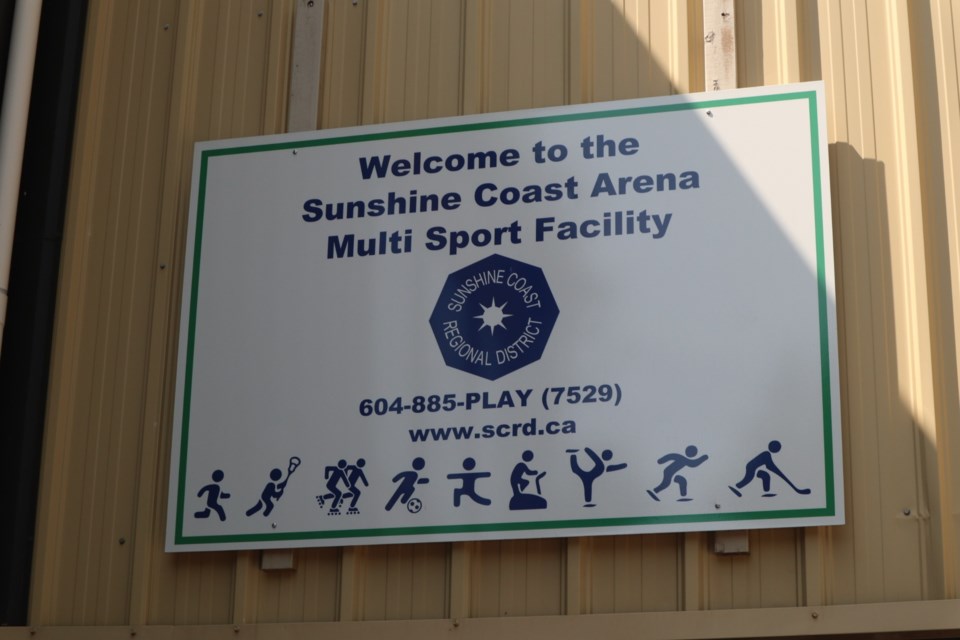The water crisis is bringing more financial frustration to the already pandemic-worn Sunshine Coast Regional District (SCRD) recreation services.
As of the end of September, user fee revenues were $265,362 lower than budgeted at the SCRD's pools and arenas in Gibsons and Sechelt.
The downturn was detailed in the 2022 third quarter financial variance report presented to the SCRD committee of the whole meeting on Oct. 27.
The report showed that “user fees and service charges” at the sites brought in just over $1 million in the first nine months of 2022. SCRD manager of community services Shelly Gagnon told the gathering “we are forecasting a deficit position, potentially. We don’t expect huge gains in our revenue in the next three months. We will be watching it and making changes where we can.
"We are going to not meet our budgeted revenue," said Gagnon. "On the flip side of that, our staffing expenses are down, our contracted services are down, but it is not a one-to-one relationship, as user fees do not cover the full cost of operating the facilities.”
Why revenues are down
“$265,000 is a lot of money… what’s driving this,” committee member Area E director Donna McMahon asked at the meeting.
Ice user fees were the largest revenue component, with recreations passes and admissions, program registrations and on-site sales also part of the mix, staff responded. The Sunshine Coast Arena, usually open with ice installed in early September has remained closed through Oct. 31 due to Stage 4 water restrictions in the Chapman water supply area. The Sechelt Aquatic Centre closed Oct. 18 because of an order under the SCRD’s State of Local Emergency. Both closures have resulted in lower revenues.
Gagnon noted that as 2022 began, pandemic restrictions limited the number of patrons allowed inside each facility, which resulted in less money coming in. After the restrictions lifted, she said there has been a “slow recovery and that revenues have not returned to pre-pandemic levels” at several of the SCRD’s recreation sites.
A compounding factor at the pools was a shortage of lifeguards, which limited the number of programs those facilities could offer, resulting in lower registration fees. In January 2022, the SCRD issued a press release about that shortage, explaining that during pandemic-impacted operations between 2020 and 2022, many lifeguards left that field of work. In addition, there were fewer opportunities to undertake the training programs needed to keep the qualifications of lifeguards up to date and to train new ones.
Impacts for 2023
Ending 2022 with an overspent budget could spell trouble for 2023. The staff report provided to the committee detailed that although other services may come in under budget “deficits for individual services must be funded either through operational reserves or in the following year’s budget, usually through taxation.”



